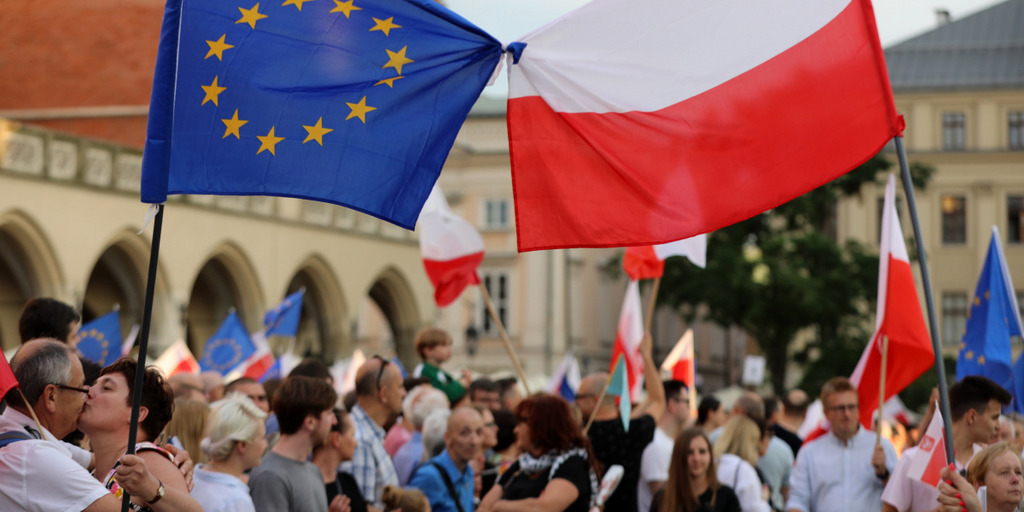
Polish Prime Minister Donald Tusk has vowed to restore the rule of law and reset Poland’s relationship with Brussels, following the country’s official exit from Article 7, the European Union’s mechanism designed to address member states that defy the bloc’s core values.
The European Commission’s decision to end Article 7 proceedings, formalized on Wednesday, concludes a conflict that began in December 2017 when the Commission invoked the mechanism in response to Poland’s judicial reforms under the Law and Justice (PiS) party. These reforms, which reshaped the judiciary and installed party-affiliated judges, sparked concerns about the erosion of judicial independence and the separation of powers.
The Commission argued that the PiS reforms undermined EU law, jeopardized investor protection, and threatened cooperation with other member states. “Judicial reforms in Poland mean that the country’s judiciary is now under the political control of the ruling majority,” the Commission stated in 2017. Despite this, the PiS government pressed on, introducing further changes that allowed the disciplinary chamber of the Supreme Court to penalize judges based on their rulings.
In 2021, Poland’s Constitutional Court, whose legitimacy was already in question, issued a ruling that challenged the supremacy of EU law and the authority of the European Court of Justice (ECJ). This ruling deepened the rift between Warsaw and Brussels and raised fears that Poland might sever itself from the EU’s legal framework.
However, the 2023 general elections marked a turning point. Donald Tusk, a former president of the European Council, was elected prime minister and swiftly took steps to mend diplomatic ties and resolve the judicial dispute. His government presented a nine-law “action plan” to restore judicial independence, ceased unjustified proceedings against judges, and pledged to respect the ECJ and EU law primacy.
These efforts quickly bore fruit. By late February, the European Commission released €137 billion in recovery and cohesion funds that had been previously withheld from Poland. By April, Poland received its first installment of €6.3 billion in grants and loans.
Despite this progress, officials in Brussels acknowledge that challenges remain. The legislative bills under Tusk’s “action plan” are still in process and could face opposition from President Andrzej Duda, who holds different ideological views from Tusk. “We can see in practice the situation is evolving favourably in Poland,” a senior Commission official said. “The threat to the rule of law has severely decreased. We need to continue working with Poland with other tools at our disposal.” Even if the “action plan” encounters obstacles, the official added, it doesn’t necessarily mean a return to Article 7 measures.
Hungary, still under Article 7 and unable to access recovery funds, has criticized the Commission’s swift decision regarding Poland, suggesting it was politically motivated. “The Commission’s assessment seems to be a purely political product that confirms double standards and goes blatantly against its previous position in rule of law-related issues,” said Bóka János, Hungary’s minister for EU affairs. “It reinforces the view that Article 7 is nothing but a tool for political blackmailing.”




